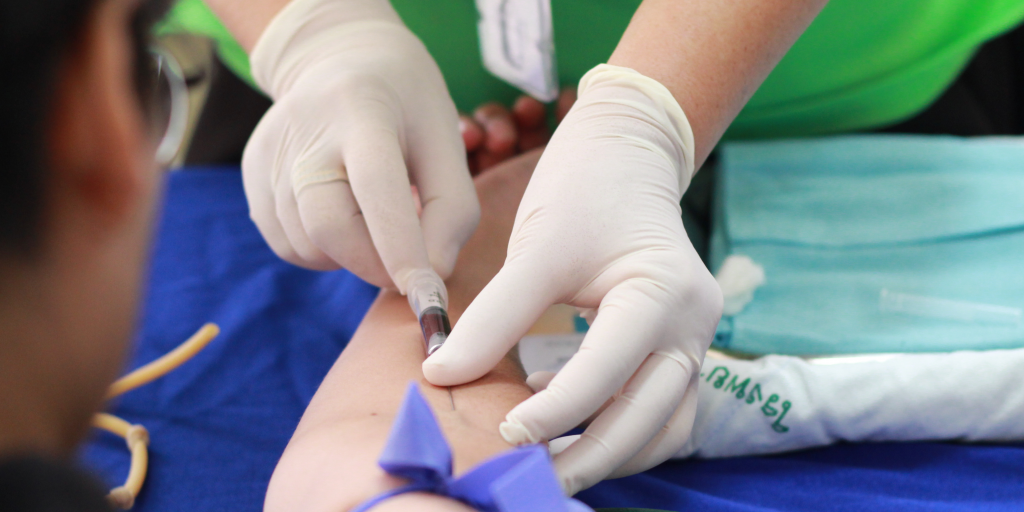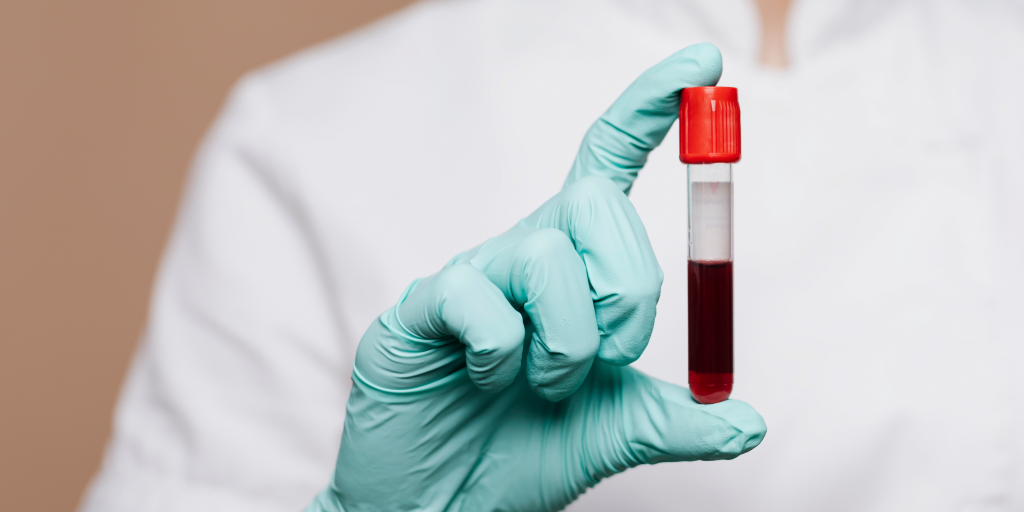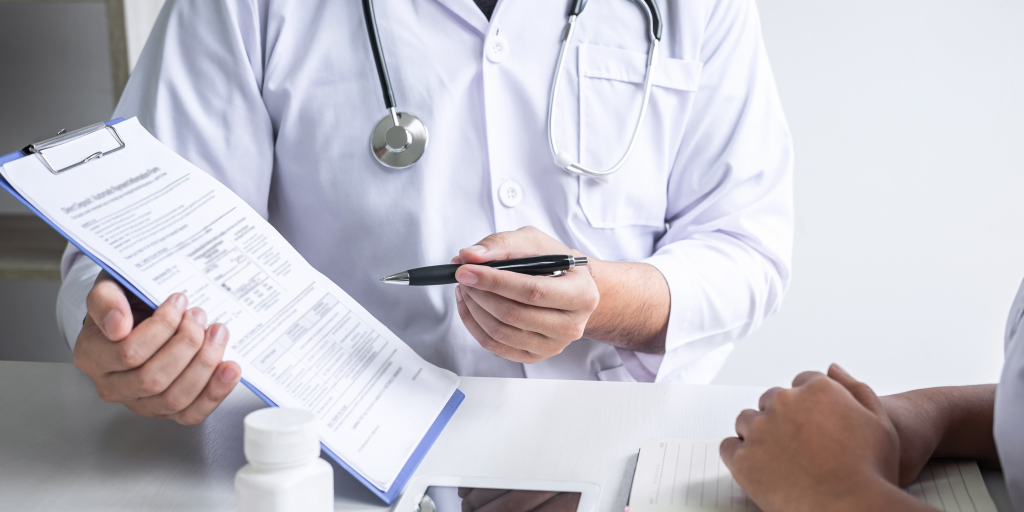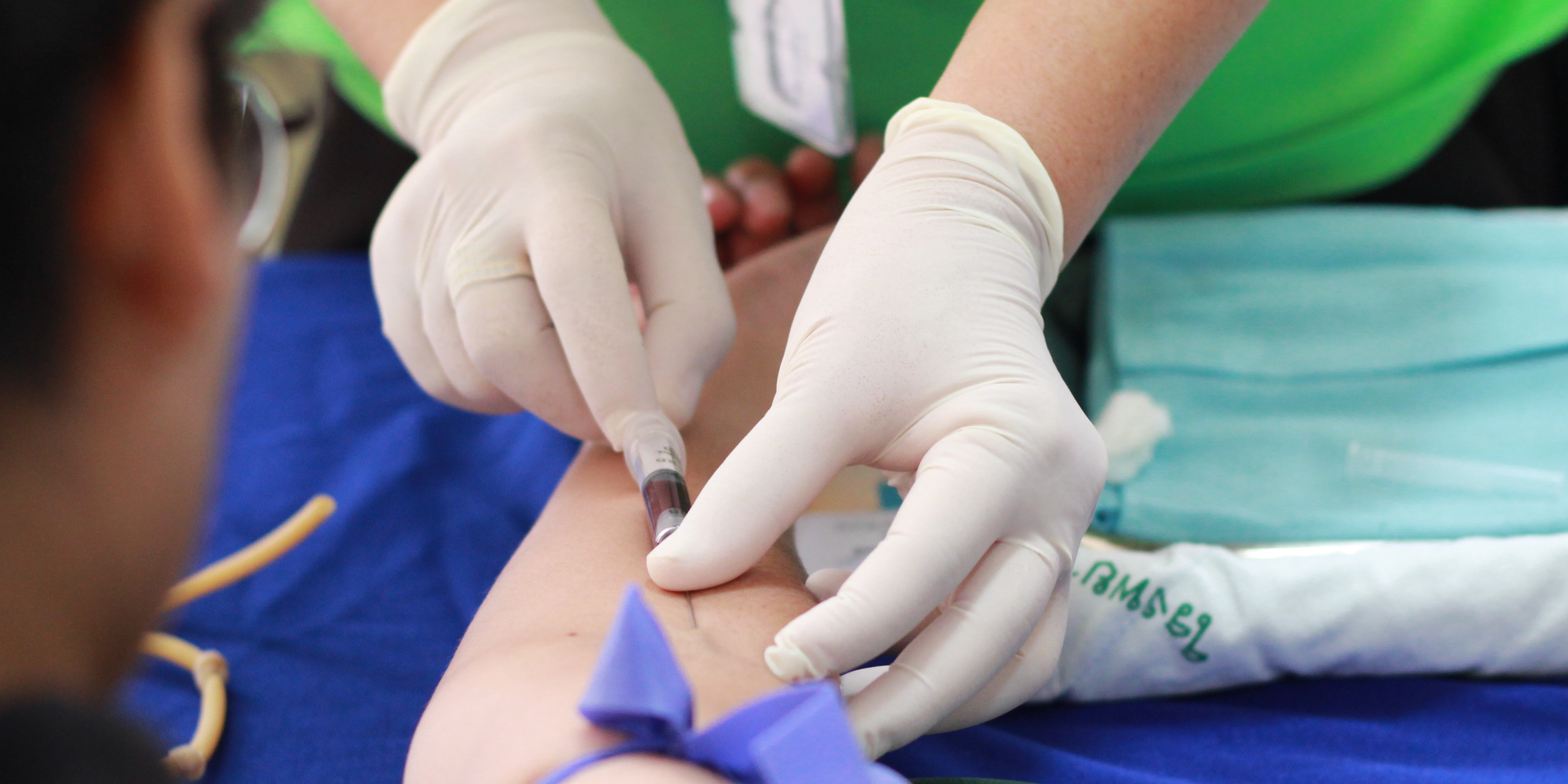Sexually Transmitted Infections (STIs) can affect anyone who engages in sexual activity, and they can lead to serious health complications if left untreated. However, many people may not realize they have an STI because they often show no symptoms.

Getting tested for STIs is crucial for maintaining sexual health and preventing the spread of infection. In this article, we will discuss the reasons why everyone should get tested for STIs and provide an overview of the recommended testing guidelines.
Why Get Tested for STIs:
STIs can be asymptomatic:
Many STIs can go unnoticed for years or have minor symptoms that individuals may not recognize. For example, 75% of women and 50% of men who have chlamydia show no symptoms. Getting an STD test can help detect STIs early and prevent them from causing serious health problems.
Skin-to-skin contact can transmit STIs:
Skin-to-skin contact can transfer many of the most common STIs, including HPV, Syphilis, and both types of Herpes. Many people incorrectly believe that just because they have not had penetrative sex, they are not at risk for contracting an STI. However, close skin-to-skin contact can lead one to contract STIs from the infected partner.

STI testing is crucial for new relationships and marriages:
When starting a new relationship, it is crucial to talk about your sexual history, including your STI status. If you have an STI or are at risk of transmitting one, your partner has the right to know. Getting tested early on can prevent potential misunderstandings and accusations of cheating. The discovery of a sexually transmitted disease (STD) following marriage, particularly if it has been passed on from one partner to the other, can cause bitterness and create upheaval in the relationship.
STIs can lead to serious issues like Cancer and Infertility:
STIs can result in serious health issues, such as Cancer and Infertility if they are not treated. HPV, for example, is frequently associated with Cervical Cancer, but it can also result in Cancer of the vulva, vagina, penis, or anus. About 20,000 women and 12,000 men are impacted by malignancies brought on by HPV each year. If you are aware that you have HPV, you can keep an eye out for these Cancers’ warning symptoms and detect them early.

Control over Sexual Health:
Regular testing and safe sex practices can put you in control of your sexual health, no matter your relationship or sexual circumstances. Many clinics offer confidential and cost-effective std testing for men & women, making it accessible to everyone. Knowing your STI status can help you make informed decisions about your sexual health and prevent the spread of infection.
Recommended Testing Guidelines for STIs:
- Every adult between the ages of 13 and 64 should undergo at least one HIV test.
- Every year, Gonorrhea and Chlamydia tests should be administered to all sexually active women under the age of 25. All women who are sexually active should get tested for Gonorrhea and Chlamydia irrespective of their age.

- Starting early in pregnancy (and in each trimester), tests for Syphilis, HIV, hepatitis B, and hepatitis C should be administered to all pregnant women. Those who are susceptible to infection should also be tested for Chlamydia and Gonorrhea.
- All homosexual, bisexual, and other men who engage in sex with male partners should undergo Gonorrhea, Chlamydia, and Syphilis tests at least once every year. Tests should be administered more frequently to those who have multiple or anonymous partners (for example, every 3 to 6 months). At least once every year, they should opt for HIV testing, while more regular testing may be beneficial (for example, every 3 to 6 months).

- If HIV-positive, individuals should undergo Hepatitis C testing regularly. They should also get tested for Syphilis and all other STIs on a regular basis. Similarly, people who have Syphilis should get tested for HIV.
- If you’ve had oral or anal sex, you should discuss your options for throat and rectal tests with your doctor.
Conclusion:
STI testing is essential for staying on top of your sexual health, avoiding potential complications, and gaining peace of mind. Whether you visit a clinic or hospital or schedule affordable STI testing in your area, taking the time to get tested can help protect yourself and your partner. Don’t hesitate to discuss your sexual health with your healthcare provider and determine what tests are appropriate for you.

DrSafeHands provides confidential and accurate testing, counseling and treatment for a range of sexual health ailments. If you have any queries regarding STIs, feel free to get in touch with our well-qualified Doctors either online or through our Testing Centers across India.
Remember, even if you don’t have symptoms, you could still have an STI. Early detection and treatment are critical to avoiding serious health complications and preventing the spread of infections. So don’t wait, get tested today and stay on top of your sexual health.
Compiled With Inputs From Dr. Kumudwathi Reddy (Medical Director, DrSafeHands)
FAQs
Q – How can I tell if I have an STI?
A – Many STIs have no symptoms, so the only way to be sure is to get tested.
Q – What happens if an STI goes untreated?
A – Untreated STIs can lead to serious health problems, including infertility, cancer, and even death.
Q – Can STIs be cured?
A – Many STIs can be cured with antibiotics and medication, but some STIs, like Herpes and HIV, have no cure yet.
Disclaimer: This website may contain general information relating to various medical conditions and their treatment. Such information is provided for informational purposes only and is not meant to be a substitute for the advice provided by a doctor or other qualified healthcare professionals. Readers should not use the information contained herein for diagnosing a health or fitness problem or disease. Readers should always consult with a doctor or other healthcare professional for medical advice or information about diagnosis and treatment.


Leave a Reply